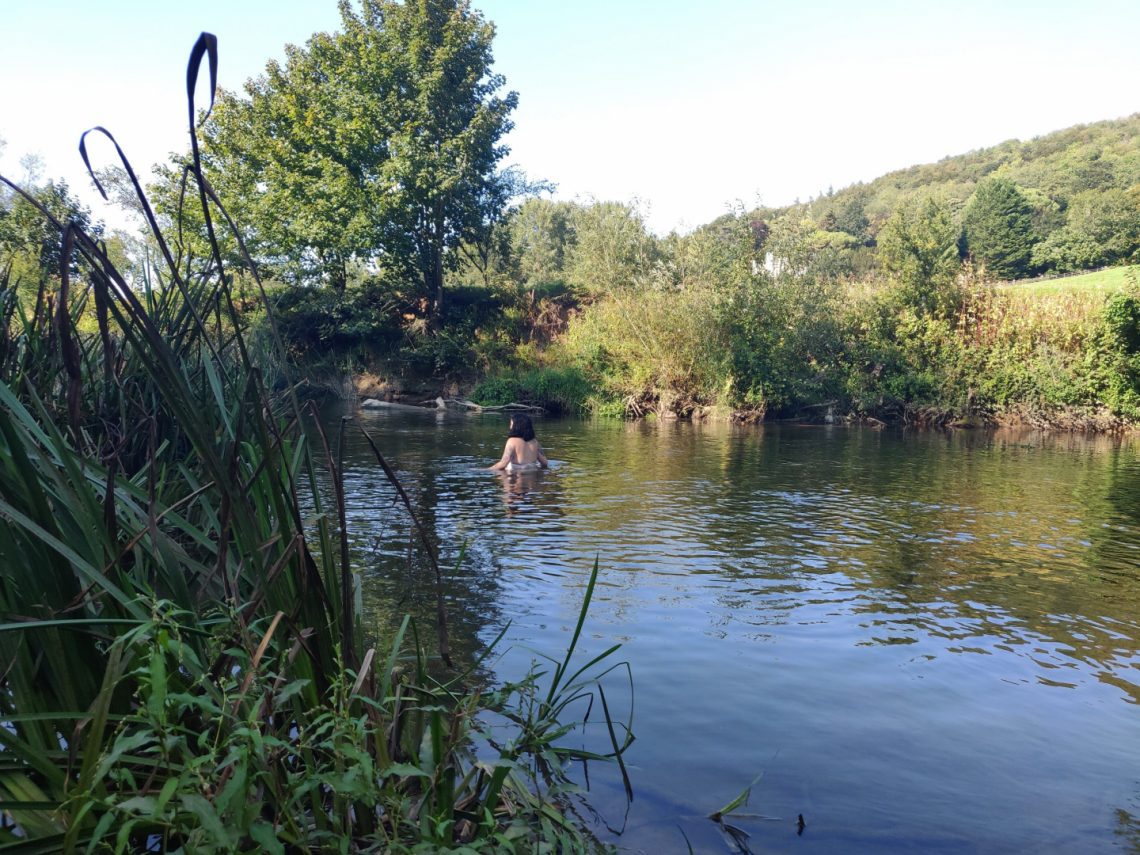
The Rivers Trust responds to the designation of 22 bathing sites
Following a record number of river bathing sites being proposed for designation earlier this year, the Government has announced that all 22 have been officially designated. Environment charity The Rivers Trust shares its response to the news.
Following a record number of river bathing sites being proposed for designation earlier this year, the Government has announced that all 22 have been officially designated. This means that a total of 27 bathing sites, inland and coastal, have been designated this year.
In response, The River Trust has announced that it is pleased to see this recognition of the vast amount of community interest in river-bathing, which has incredible benefits for physical health, mental wellbeing, and nature connectedness. Local Rivers Trusts have supported many of the site applications and they are delighted to see success stories across the country:
- The River Nidd site is Knaresborough has been successful, with Yorkshire Dales Rivers Trust supporting Nidd Action Group’s application.
- The Derwent Water site along the River Derwent has been successful following West Cumbria Rivers Trust’s application.
- The Edisford Bridge site along the River Ribble has succeeded thanks to Ribble Rivers Trust’s Safe to Splash campaign.
- Wallingford Beach along the River Thames has been designated following Thames21’s application.
The Rivers Trust state that while Bathing water status is not a silver bullet to make rivers safe and healthy, it can be a helpful tool to raise awareness of the state of rivers among local communities and trigger action and investment from local stakeholders. The application process itself is a great opportunity to bring together local communities who can use citizen science monitoring to make a real difference to their river.
“Designation can drive water company investment to tackle poorly performing storm overflows and stir local nature restoration action such as woodland and wetland creation, to clean up pollution,” says The Rivers Trust. “However, to make a significant improvement to river health, we need to be tackling all sources of pollution, not just from water company activities. Road run-off, diffuse pollution from farms and private septic tanks can all affect bathing water quality but are not adequately monitored or accounted for in current bathing water rules.”
In this light, The Rivers Trust state that while it continues to support the designation of more inland and river bathing sites, it is also advocating for changes to the designation process. The Trust wants to see a “wider range of pollutants monitored for over a longer bathing season, as current rules leave water users in the dark about many health risks and fail to tackle diverse sources of pollution.” Additionally, the Trust wants to see greater accountability placed on responsible bodies and polluters to actually take steps to improve water quality. Finally, “Sites should not be automatically de-designated after five years as this is not enough time to see water quality improvements,” says The River Trust, “especially where we want to see nature-based solutions implemented, which take longer to mature.”
The Rivers Trust say it will continue to work with local trusts that are supporting new applications, and it is working with other environmental groups, businesses, scientists and communities to advocate for a stronger bathing water regime that delivers for people and nature.








